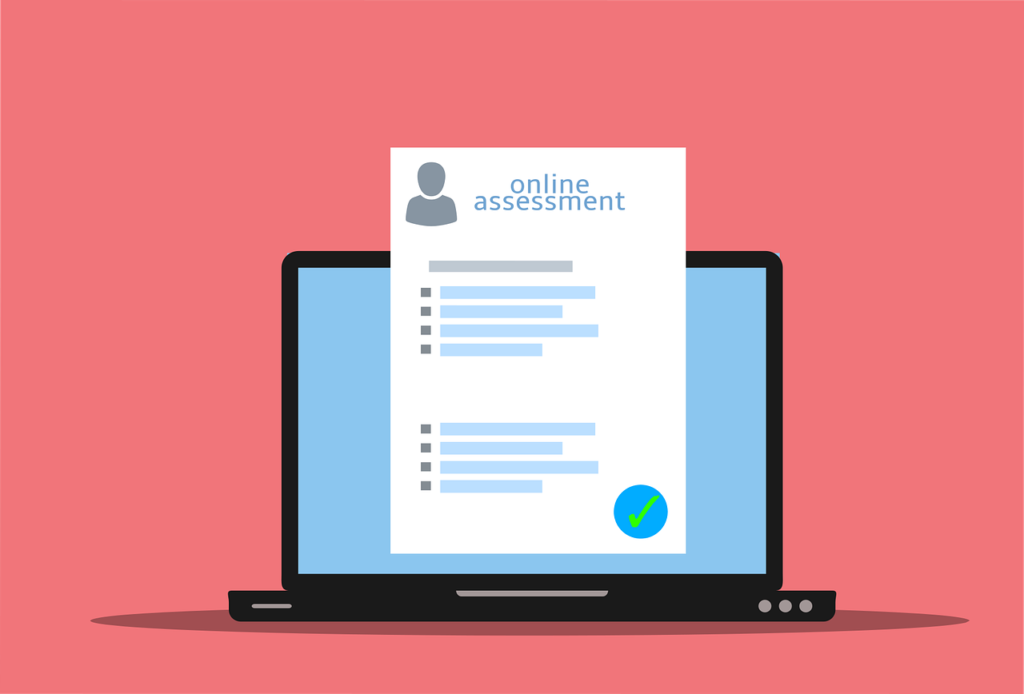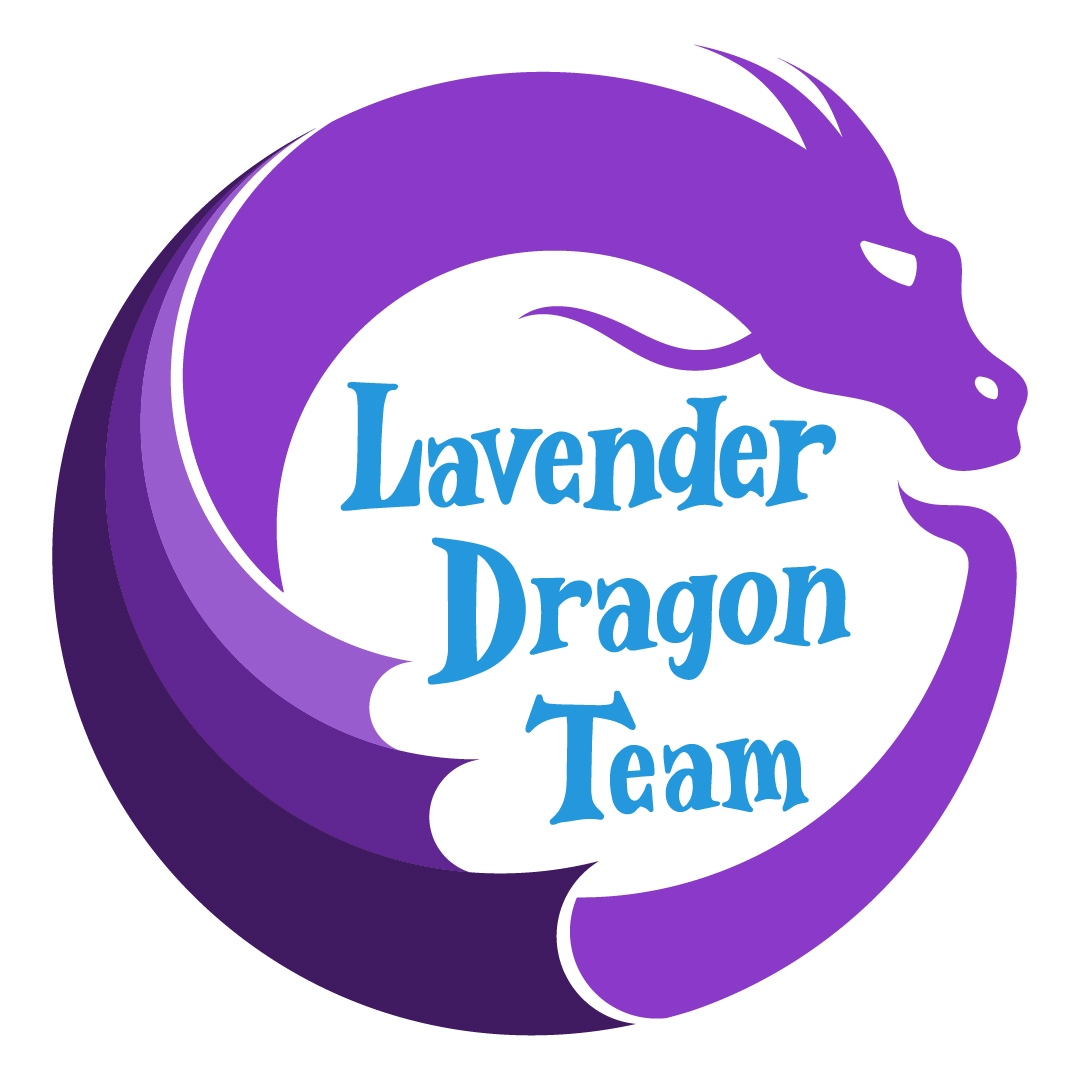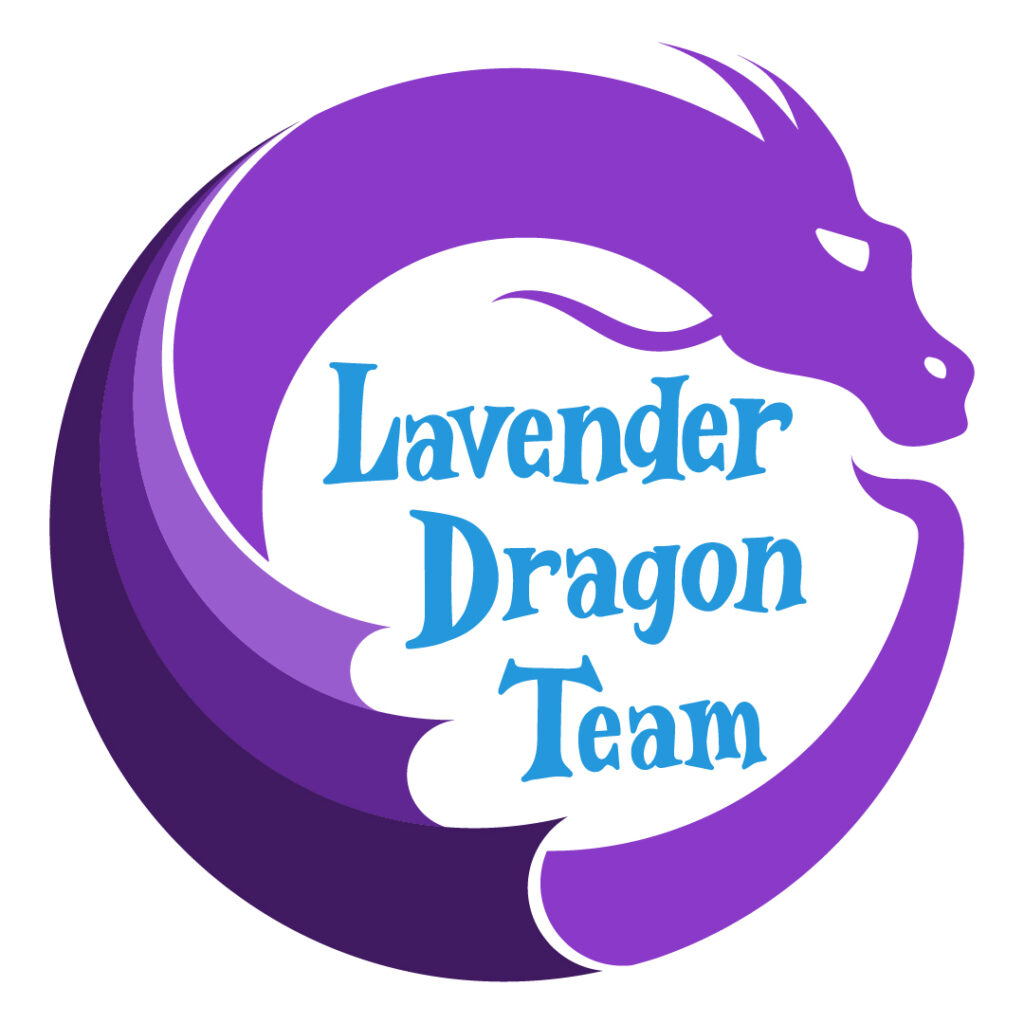
What is an assessment?
Assessments are the activities given to the students to measure their current learnings for a particular subject. These are useful in pinpointing the areas where the students need to improve their performances for a better overall educational experience.
There are multiple assessments, but commonly used assessment types include formative and summative assessments.
Formative
These assessments are used during classes or after a period of study. Quizzes, homework, or in-class discussions are this type of assessment. Students’ knowledge of the learning material is commonly gauged using formative assessment.
Summative
These assessments are given to the students once the course is entirely over. Long exams, final essays, and term papers are examples of summative assessments. This assessment gives the instructor a view of how well the students learned the course.
Assessments and Knowledge Checks for Online Learning
Quizzes and Polls
Quizzes and polls are two of the most famous knowledge checks in online learning. These can be in the form of multiple choice, fill-in-the-blanks, or identification questions. These are also graded or non-graded based on the goal of the instructor. A non-graded can be provided at the start of the course to measure the student’s knowledge before the study. A self-quiz with immediate feedback can assist in giving the students an idea of the current state of their learnings. Polls are exceptional tools to gather students’ answers to a question.
Some research has mentioned that online quizzes dramatically increase students’ scores and reduce their performance time. The inquiry of the students’ opinions reveals an overall favorable attitude regarding online quizzes. According to some studies, quizzes enhance the attractiveness and effectiveness of blended learning.
Online Tools for Quizzes and Polls: Google Forms, Kahoot, Mentimeter, Poll Everywhere
Online Discussion Forums
Discussion forums online are virtual spaces organized by instructors on a particular platform where students have the chance to discuss ideas either synchronously or asynchronously.
It is simpler for students to see earlier discussion threads and contribute to them when discussions are taking place on online discussion platforms that offer both synchronous and asynchronous interactions. Online discussion forums expand the scope of teaching and learning beyond the constraints of the traditional classroom, giving flexibility and convenience.
Studies have shown that when utilized in addition to formal classroom lectures, the perceived richness of online discussion forums significantly improves student engagement, interaction, and learning.
Online Tools for Discussion Forums: Jamboard, Kialo, Flipgrid, NowComment, Google Classroom
Peer Feedback
Peer feedback is a type of knowledge check where students give feedback to one another, allowing the learner to gain additional knowledge from their classmates.
Given the benefits of interactive and collaborative learning, educators may want to create learning environments that motivate online learners to participate profoundly and productively with their peers. Students should have the chance to enrich and broaden their learning experiences, test out new concepts by presenting them to a support group and receive constructive criticism.
Online Tools for Peer Feedback: perform this during synchronous sessions; tools used for discussion boards are applicable in this knowledge check as well
Game-Type Assessments
These assessments add game elements to the activity. Adding ranking, progress bar, time limits, or rewards for the activities are some of the ways to gamify knowledge checks and assessments. Such features add another layer to the learning experience that learners might find enjoyable and challenging.
With the gamification of knowledge checks, it will be easier for instructors to engage the students with the activities. Some studies suggest that learners get higher scores in quizzes when it is gamified, especially when utilizing it for the first time, because of the tool’s novelty. Aside from classroom setups, some organizations find gamification an effective tool for achieving positive outcomes regarding online training.
Online tools for Game-Type Assessments: Gimkit, Kahoot!, Quizizz, Quizlet
References
Cohen, D., & Sasson, I. (2016). Online Quizzes In A Virtual Learning Environment As A Tool For Formative Assessment. Journal of Technology and Science Education, 6(3), 188–208. https://doi.org/10.3926/jotse.217
Gikandi, J., & Morrow, D. (2015). Designing and implementing peer formative feedback within online learning environments. Technology, Pedagogy and Education, 25(2), 153–170. https://doi.org/10.1080/1475939x.2015.1058853
Graff, M. (2003). Cognitive Style and Attitudes Towards Using Online Learning and Assessment Methods. Electronic Journal of E-Learning, 21(28), 21–28. https://www.researchgate.net/publication/228749159_Cognitive_style_and_attitudes_towards_using_online_learning_and_assessment_methods/citations
Onyema*, E. M., Deborah, E. C., Alsayed, A. O., Naveed, Q. N., & Sanober, S. (2019). Online Discussion Forum as a Tool for Interactive Learning and Communication. International Journal of Recent Technology and Engineering (IJRTE), 8(4), 4852–4868. https://doi.org/10.35940/ijrte.d8062.118419
Sanchez, D. R., Langer, M., & Kaur, R. (2020). Gamification in the classroom: Examining the impact of gamified quizzes on student learning. Computers & Education, 144, 103666. https://doi.org/10.1016/j.compedu.2019.103666
Spanjers, I. A., Könings, K. D., Leppink, J., Verstegen, D. M., de Jong, N., Czabanowska, K., & van Merriënboer, J. J. (2015). The promised land of blended learning: Quizzes as a moderator. Educational Research Review, 15, 59–74. https://doi.org/10.1016/j.edurev.2015.05.001
van Popta, E., Kral, M., Camp, G., Martens, R. L., & Simons, P. R. J. (2017). Exploring the value of peer feedback in online learning for the provider. Educational Research Review, 20, 24–34. https://doi.org/10.1016/j.edurev.2016.10.003

